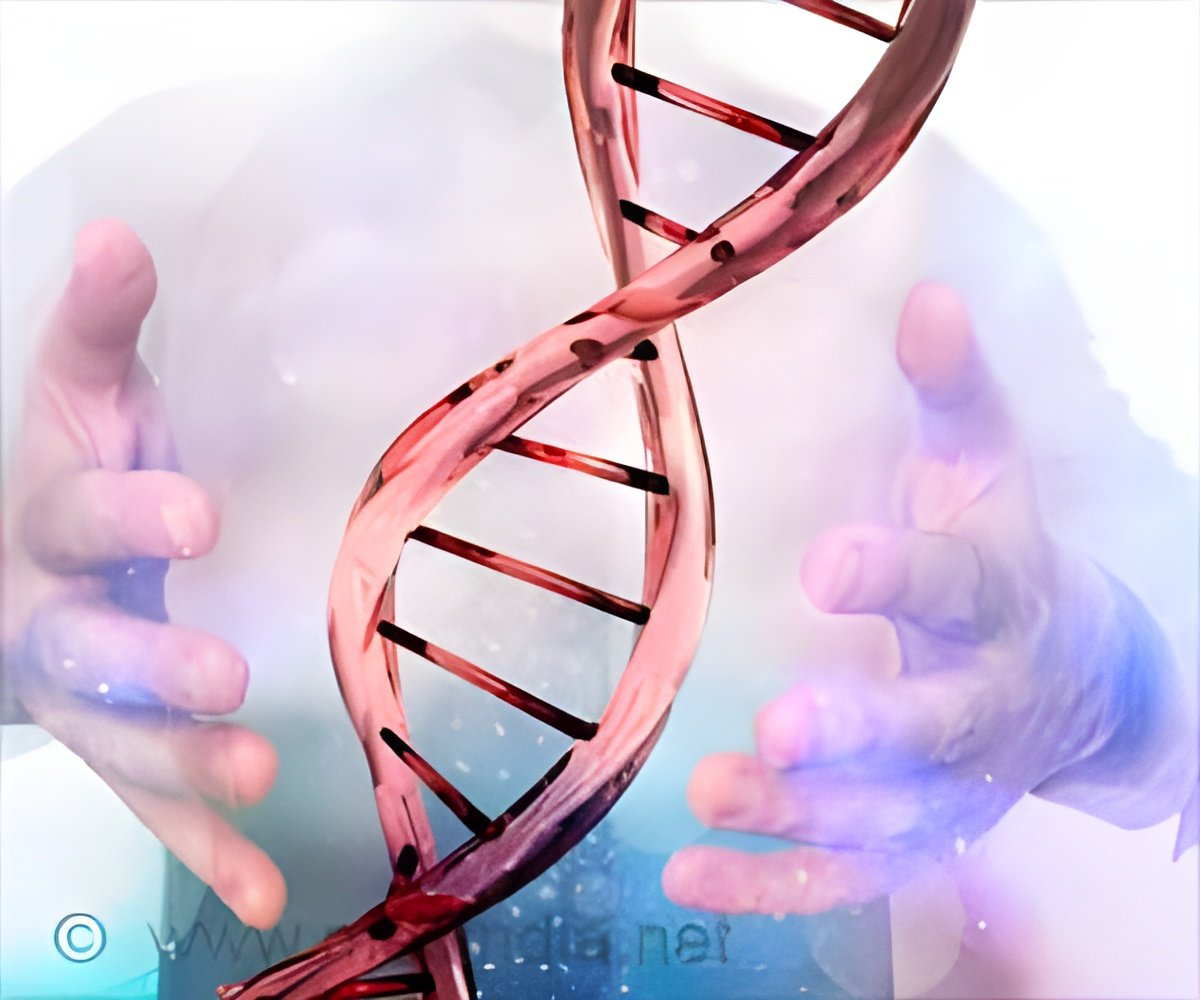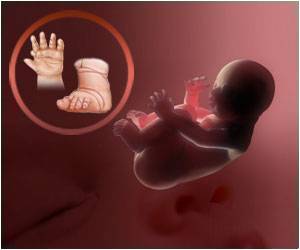New gene therapy shows promise in reversing placental insufficiency, potentially preventing premature births and improving fetal health.

New gene therapy can potentially reverse a condition responsible for stillbirth and premature delivery (1✔ ✔Trusted Source
Placental nanoparticle-mediated IGF1 gene therapy corrects fetal growth restriction in a guinea pig model
).
The therapy has given successful results in animal studies and it was developed by a team led by a University of Florida Health researcher Helen N. Jones, Ph.D. The human trials are to be conducted after five years.
The placenta plays an important role in pregnancy that provides nutrients and oxygen to the fetus via the umbilical cord, acting like a gut, kidney, liver, and lungs. If the placenta fails, only one hazardous option remains — premature delivery through induced labor or cesarean delivery.
Advertisement
Gene Therapy Offers Hope for Premature Births
Up to 1 in 10 pregnancies in the developed world are affected by placental growth restriction, and twice that in the undeveloped world. But Jones, an associate professor in the UF College of Medicine’s Department of Physiology and Aging, said there is good reason for optimism, noting in vitro (outside the body) evidence from the laboratory shows the treatment could be effective in human tissue.
“This is a very exciting therapy,” Jones said. “We’re very happy with our results so far. If this goes well, it could be a game-changer for mothers worldwide. It has the potential to prevent so many premature births and give families hope that placental failure is not the early end of a pregnancy.”
Placental growth insufficiency, which starves the fetus of nutrition and oxygen, leaves the doctor and mother with no option to extend a fetus’ time in the womb. Premature delivery can be many weeks before a due date. “The only thing that can be done is deliver the baby and bring it to the NICU (Neonatal Intensive Care Unit),” Jones said.
Even when babies survive birth, often far below normal birth weight, health issues can develop in later years, including neurodevelopmental dysfunction. The new gene therapy is delivered to the placenta by a polymer nanoparticle so small it would take roughly 500 of them, side by side, to equal the width of a human hair.
The nanoparticle carries cargo — a DNA plasmid. This is a piece of harmless DNA that, introduced into a specific type of cell in the placenta, triggers the manufacture of a protein that interacts with the cell to activate chemical processes that can change or enhance cellular function. In a sense, the cell receives an extra set of instructions to make more of this protein. That’s crucial because these placentas don’t make enough, leading them to fail.
Advertisement
Insulin-Like Growth Factor 1 Could Save Pregnancies
The cause of placental insufficiency isn’t well understood. One thing scientists have noted, however, is that these malfunctioning placentas have lower levels of a hormone called insulin-like growth factor 1. The gene therapy coaxes the placenta to produce more significant quantities of the growth factor.
This hormone stimulates cell growth and development, spurs tissue repair, and ensures the fetus receives nutrition. Without it, the fetus does not receive enough nutrients to develop and grow properly.
What makes insulin-like growth factor 1 especially attractive to Jones’ team is that it stimulates vascularization, or the formation of blood vessels, essential for healthy tissue. In the placenta, that translates to better nutrient transfer. “One of the things with a growth-restricted placenta is that it doesn’t have as good a vascular tree as a normal placenta does,” Jones said.
Jones is the senior author of a study published in Nature Gene Therapy on Dec. 4 that she said details exciting results. It shows that in guinea pigs, the therapy boosted placental function and delivery of normal-weight offspring. Guinea pigs have biological and physiological conditions during pregnancy that parallel humans. Surprisingly, the treatment also reduced the mother’s levels of cortisol, the stress hormone. If this holds in humans, the therapy might help lessen a burden many mothers know all too well.
Advertisement
Reducing Pregnancy Stress for Better Health
Stress is a normal byproduct of pregnancy. However, too much can cause complications thought to contribute to high blood pressure, disruption of a fetus’s brain development, sleep deprivation, and mental health concerns such as depression and anxiety. Stress can trigger problems for mother and child even many years later, including cardiovascular disease and diabetes. Common remedies for maternal stress aren’t always practical.
“A mother often has to work right up until delivery, and there’s nothing they can change about that,” said Jones. “They can’t just sit down and put their feet up. And while their doctors tell them to get more exercise, go outside, and not sit at their desks all day, we know that often doesn’t work in the real world. A treatment like ours could be life-changing in some pregnancies.” The work has been funded for 12 years by the Eunice Kennedy Shriver National Institute of Child Health and Human Development, a branch of the National Institutes of Health.
Reference:
- Placental nanoparticle-mediated IGF1 gene therapy corrects fetal growth restriction in a guinea pig model – (https://www.nature.com/articles/s41434-024-00508-3)
Source-Eurekalert



